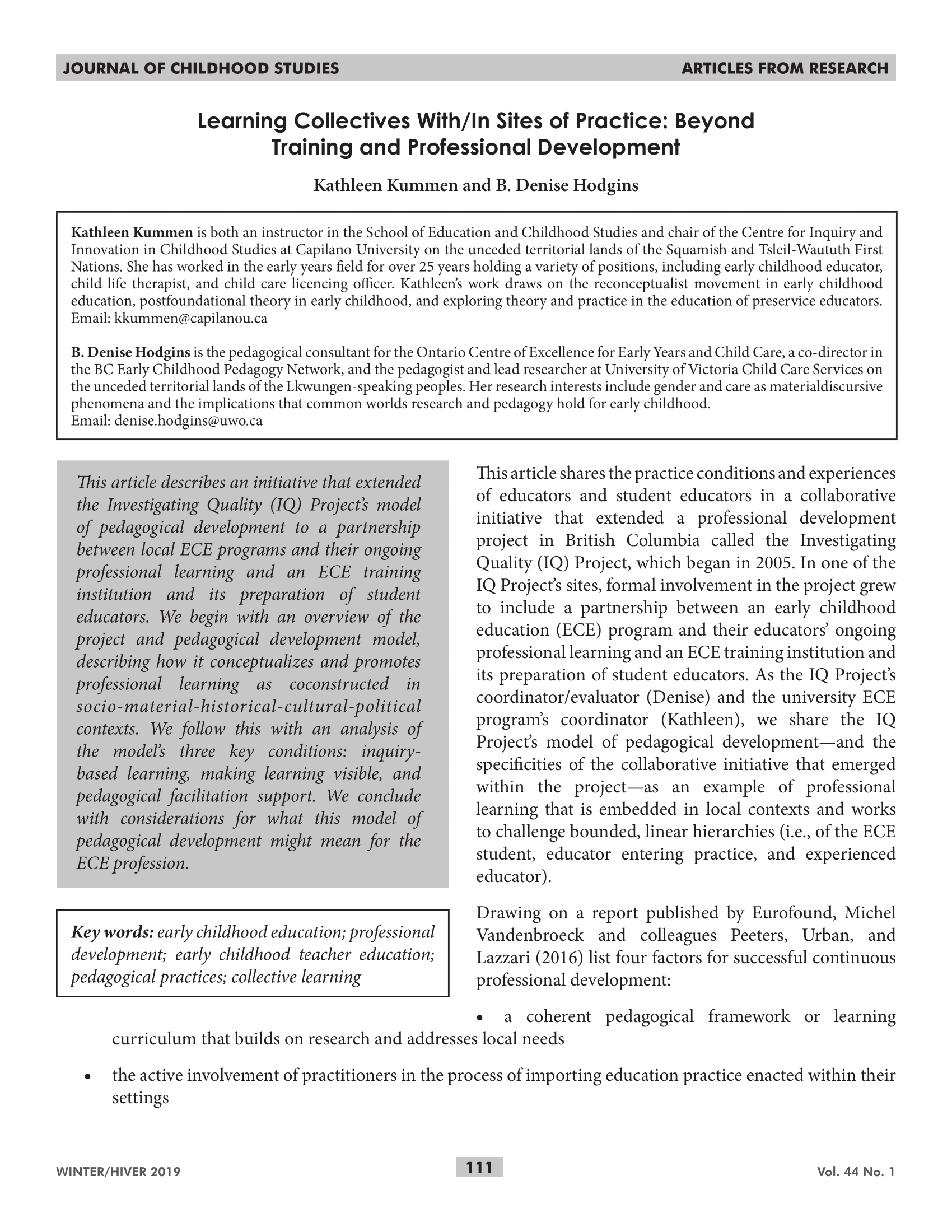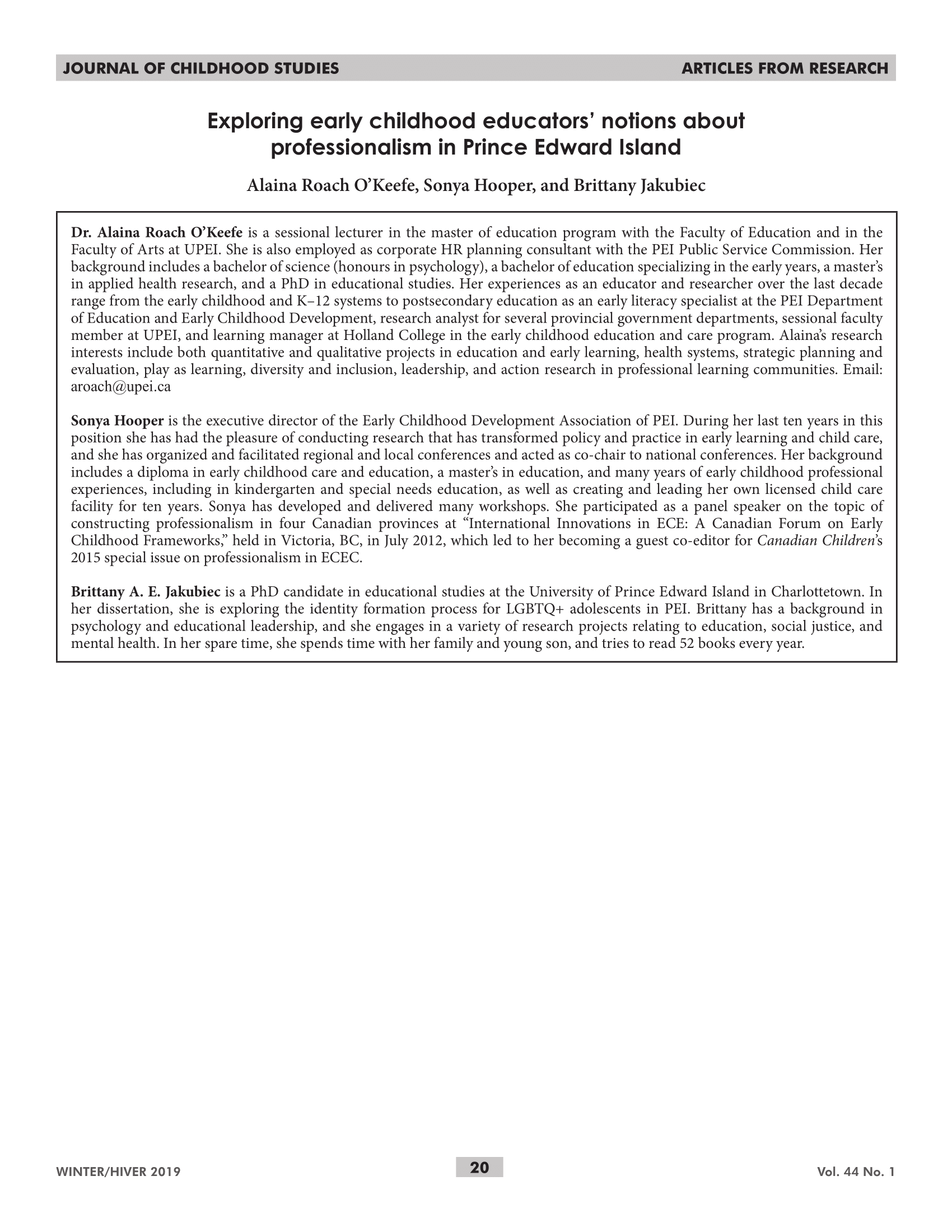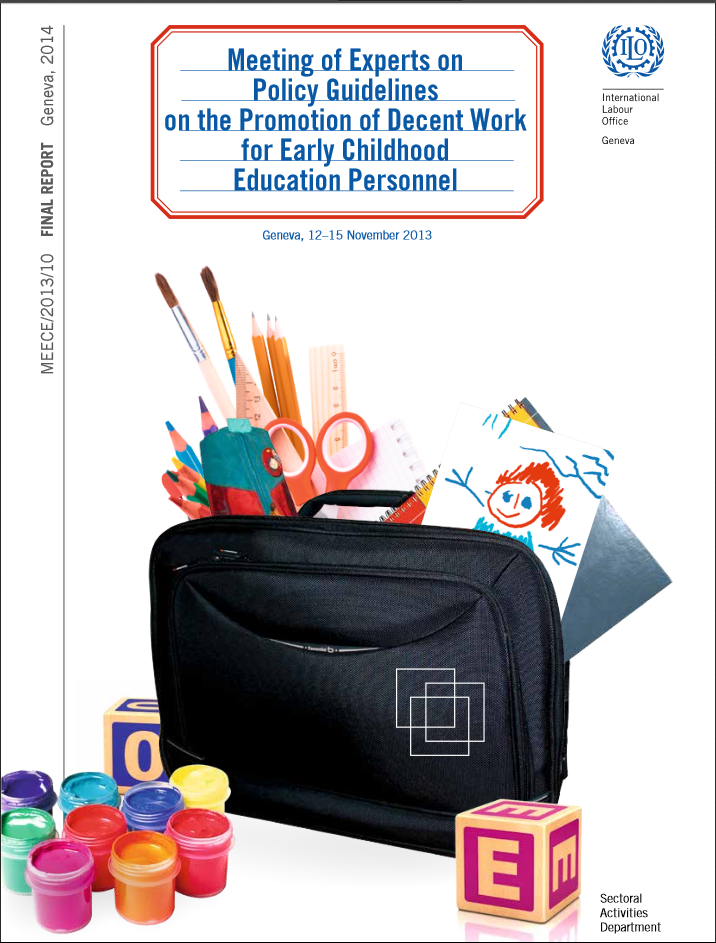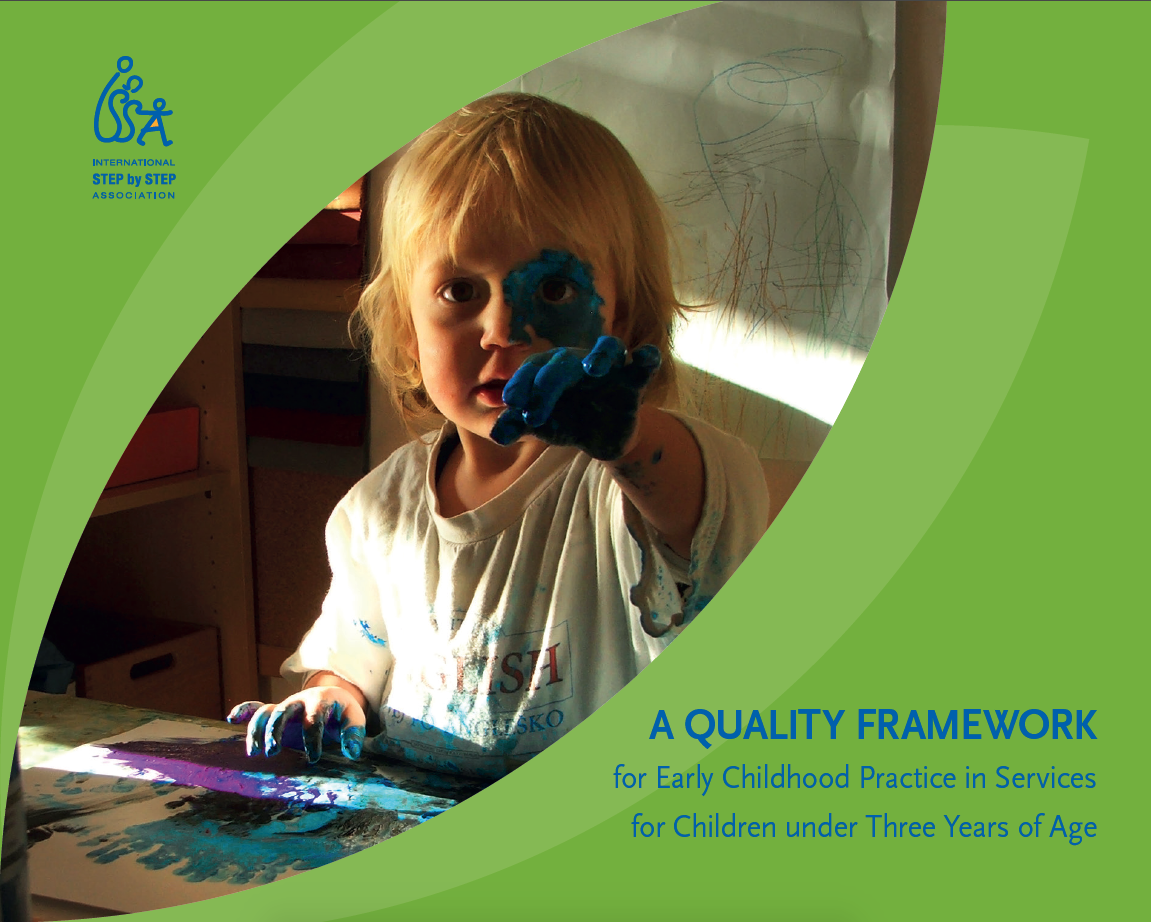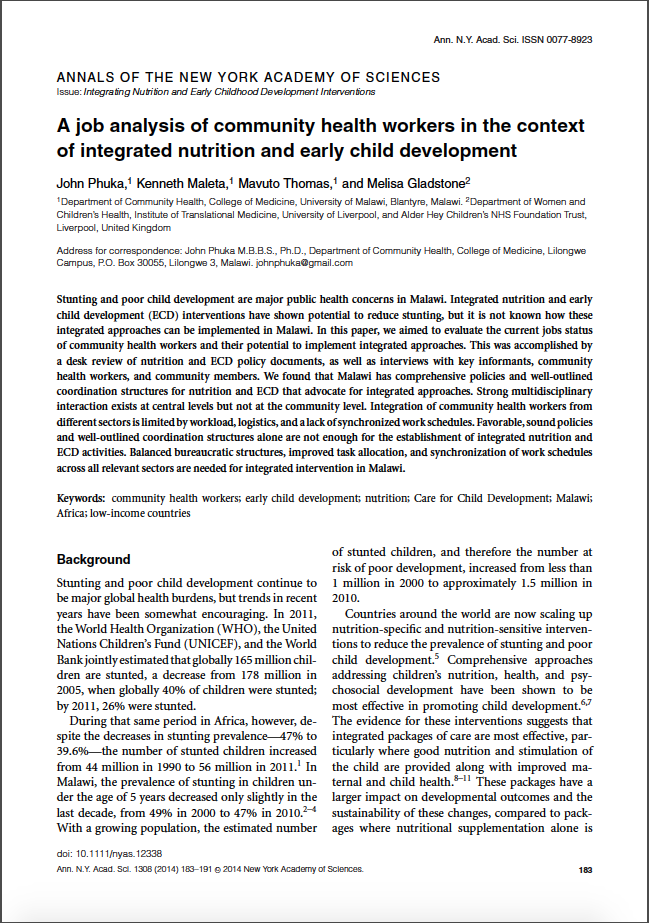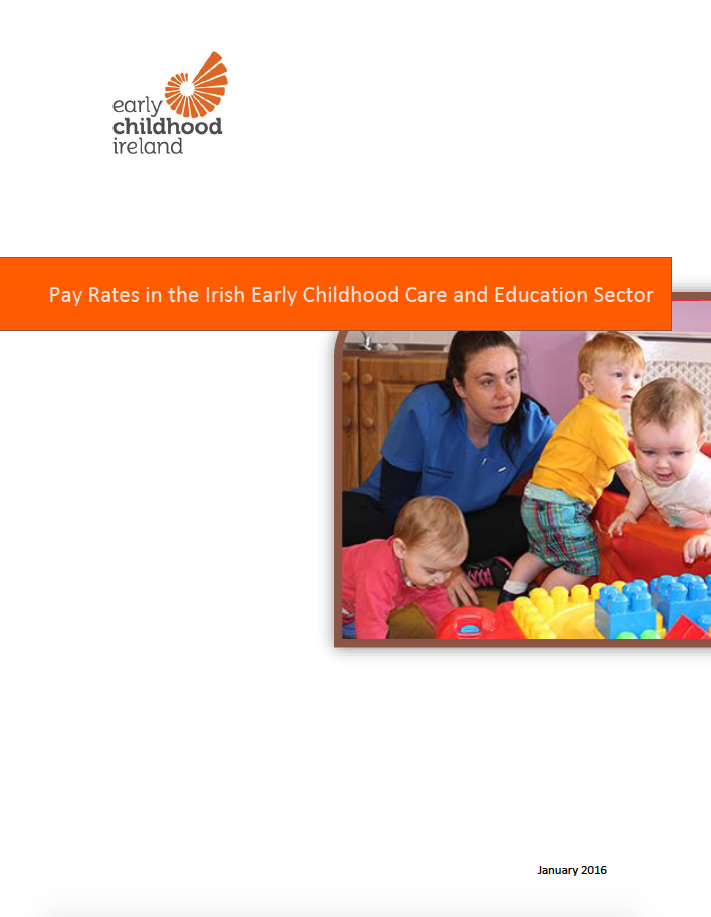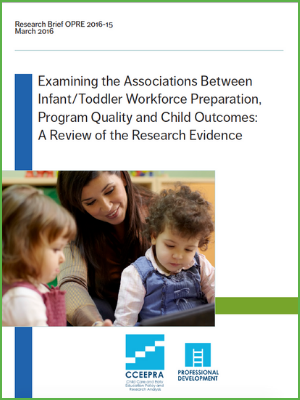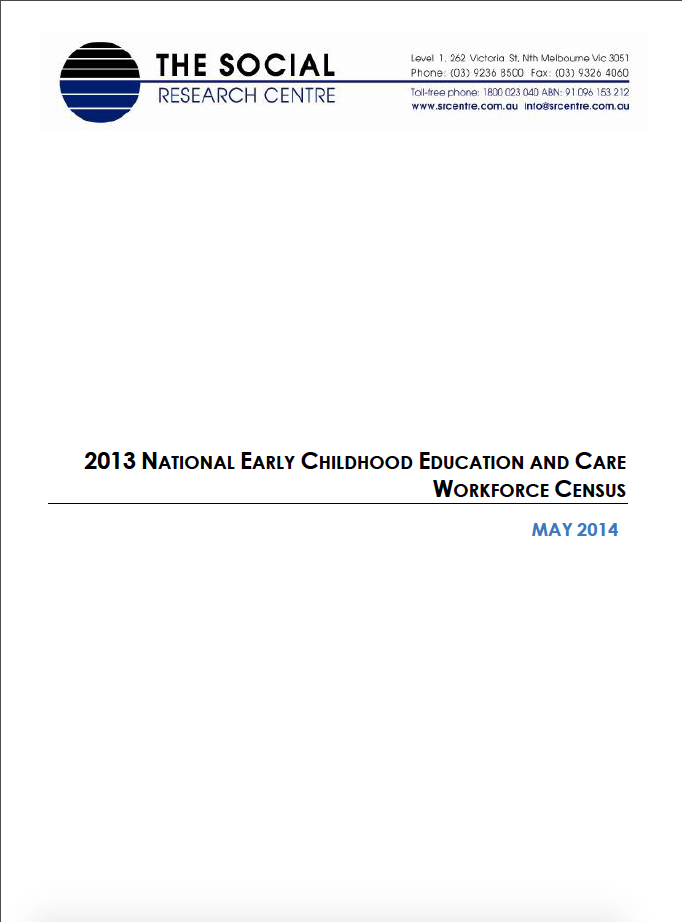Strategies in Pursuit of Pre-K Teacher Compensation Parity: Lessons From Seven States and Cities

This report reveals how states and cities are closing the gap in compensation between equally qualified pre-K teachers and kindergarten and elementary school teachers. The report indicates states and cities across the country are moving to improve pre-K teacher compensation as recruiting and retaining skilled educators is critical to delivering the high-quality learning environment these programs promise. Strategies in Pursuit of Pre-K Teacher Compensation Parity: Lessons from Seven States and Cities looks at policies in Alabama, Georgia, New Jersey, Oregon, West Virginia, New York City, and San Antonio where a variety of strategies have successfully been implemented to get closer to or surpass equal pay and benefits for pre-K and teachers of older children.
Authors: Publication:National Institute for Early Education
Year of Publication:2017
nieer.org



